
Bruxism in Children
Teeth grinding, medically known as bruxism, is known tostrike adults as well as children. In the latter case, worried parents are oftenpuzzled by their child’s actions during sleep and cannot seem to find thereasons behind this teeth grinding habit, let alone deal with it. There aremany different reasons of teeth grinding affecting children at night. If youhappen to be a parent in distress, not knowing how to help your beloved child,who seems to be suffering from this phenomenon, read on and get informedfurther, possibly solving this troublesome problem.
Reasons behind Bruxism in Children
This condition, when seen in small children, may take placedue to the teething process. Namely, once the child’s teeth start growing, theymight not be aligned with each other due to the still growing jaw. Thissituation can cause the child to grind his/her teeth at night, without even beingaware of the action. If teeth grinding at night continues even after all of theteeth had grown, the misalignment may be permanent, making this problem moreserious. Unfortunately, there is little to be done until the baby teeth fallout since any modifications to the teeth alignment and organization are worthbeing made only after the canine teeth grow out. Another similar cause of teethgrinding at night, troubling both you and your child, is a poorly made crown ordental filling. After a visit to the dentist, your child may have had his/hertooth fixed wrongly, resulting in excess of the material used for filling or animproperly made crown. Both cases can cause alignment problems as well, leadingto bruxism at night.
Alternatively, your child may be suffering from a conditioncalled the temporomandibular joint disorder. This condition manifests through jawmisalignment, where your child is unable to clench his/her jaw in a fixedposition due to improper position of either upper or the lower jaw. Upon tryingto close the jaw in a proper manner, the child may experience pain anddiscomfort. This condition may be caused by a muscular or neurologicaldisorder, as well as arthritis and similar conditions.
Finally, there are other causes of this condition inchildren. Stress can be one of them. Alternatively, bruxism of this type maytake place due to calcium deficiency, causing jaw anomalies. Therefore, propertreatment of this condition greatly depends on the underlying cause or causes.Possible cures may involve mouth guards and other safety items. Nevertheless,upon noticing persistent teeth grinding habits in your child, it is best totake him/her to the dentist and ask for a professional opinion and diagnosis.


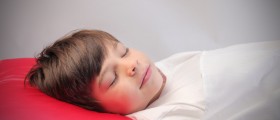


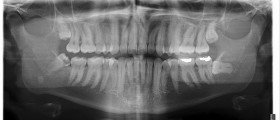

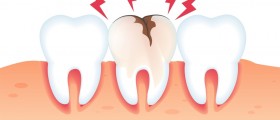


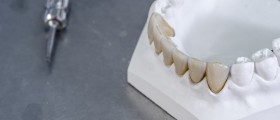

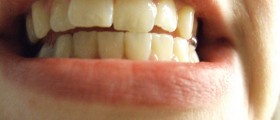



Your thoughts on this
Loading...